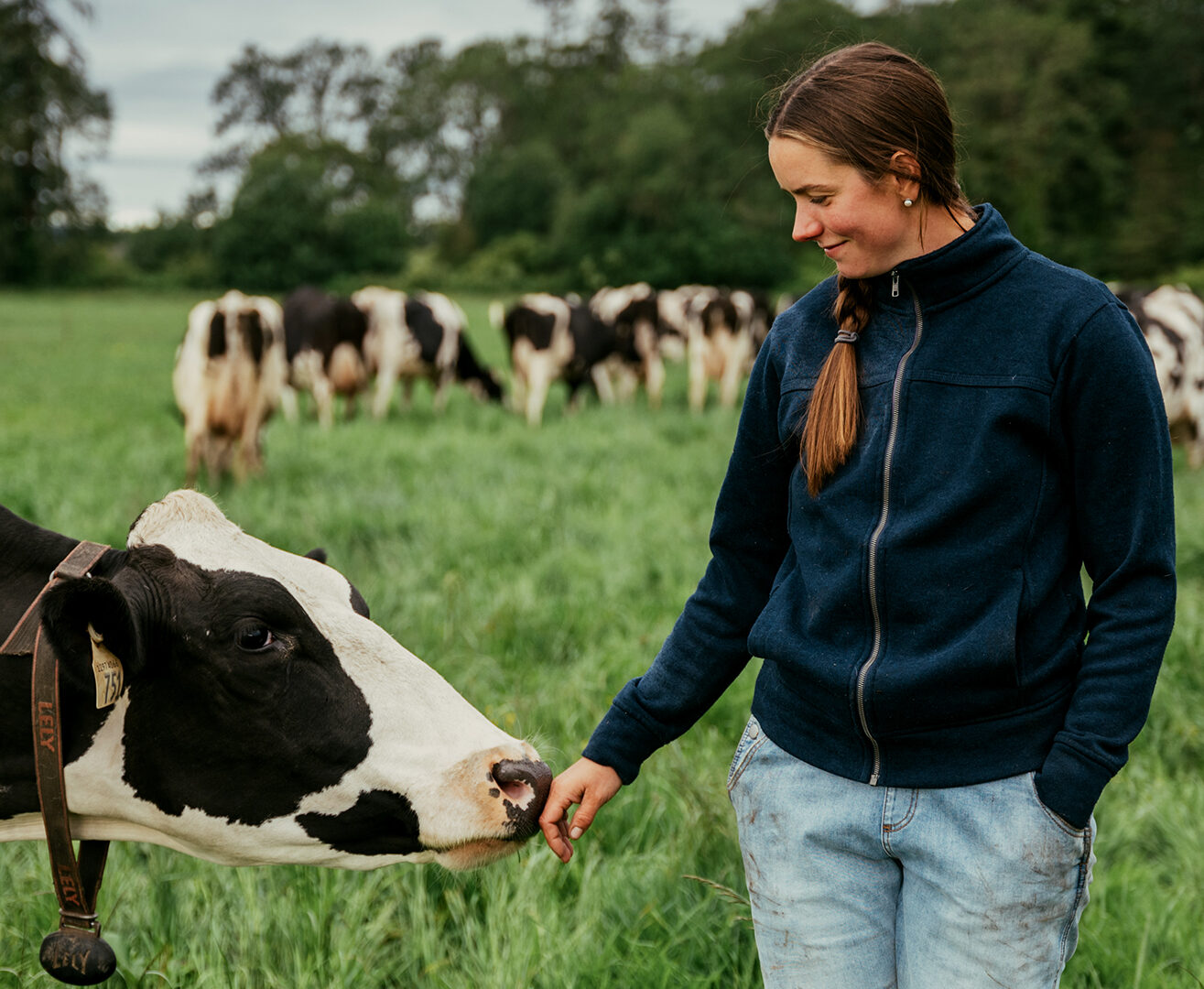A commitment to local food in schools not only enhances student understanding of community-based food systems but also establishes meaningful connections with local agriculture. By serving BC food, schools stimulate and support local economic development and help BC farmers, food producers, processors and businesses thrive. According to Feed BC, every dollar spent on BC food in schools has the opportunity to bring a two-fold impact to BC’s economy [1]. Embracing BC food for your school food program not only introduces students to high-quality, fresh, and locally sourced meals but also plays a pivotal role in fostering the growth, resilience, and sustainability of BC’s communities and food system [2].
School food programs foster a valuable connection between students and their local food systems. Guided by the principles outlined in the “BC School Food Toolkit,” including local British Columbia food in school food programs builds student knowledge of community-based food systems and creates connections with farmers [3].
The significance of locally produced food resonates deeply with British Columbians, and when it comes to local production, milk stands out. While most of BC’s dairy farms are nestled in the Fraser Valley, they extend their presence across seven of BC’s agricultural regions, emphasizing the widespread availability and local impact of milk and dairy products to our local communities, and the province of BC.

Most dairy farms in BC are family-owned operations. We are proud to share our stories of how milk gets from our farms to your table.

"*" indicates required fields